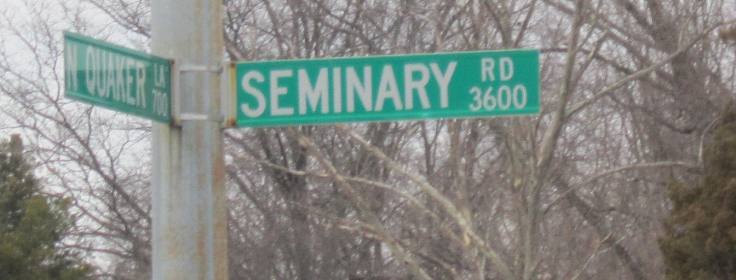The State of Clergy Formation

Think of all the books, articles, and blogs written on the topic of “What Seminary Never Taught Me.” Most pastors and priests have compiled mental lists of their own after just a few years of ministering to congregations. A quick visit to online forums reveals some humorous responses such as “How to clean a clogged toilet bowl in the restroom between services, still in my clergy robes” and “How to choose tile colors for the Sunday school wing.”
Obviously, some things “not learned in seminary” or in later training will simply be learned on the job, and don’t merit being the topic of a class or conference. Yet many clergy feel deeply surprised and frustrated at all of the important skills and habits they have had to learn on the job. A seminary or divinity school education provides some essentials, but the hard, godly work of building, bridging, strengthening, and leading communities depends on many things outside the traditional curriculum.
The following posts explore the strengths and gaps in the ways that clergy are currently being educated, formed, and trained for ministry and leadership.





